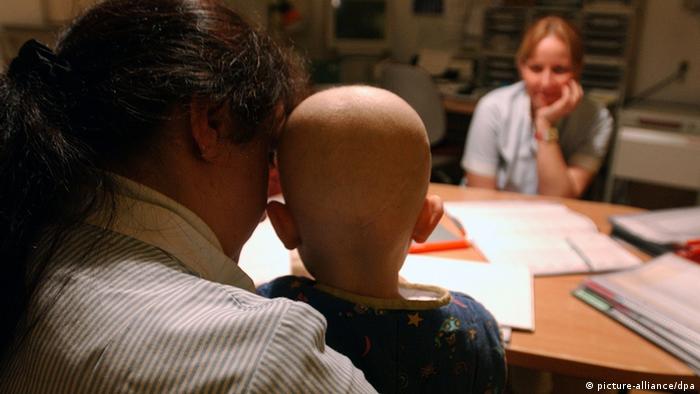Belgian Senate approves child euthanasia
The outcome was expected, but overseas observers were astonished at the margin of victory. By a vote of 50 to 17, the Belgian Senate has approved euthanasia for children.

The outcome was expected, but overseas observers were astonished at the margin of victory. By a vote of 50 to 17, the Belgian Senate has approved euthanasia for children. When the bill finally passes – which now seems quite certain – there will be no age limit for choosing to die at the hands of Belgian doctor. The next step is a vote in the lower house, which will probably take place in May.
The conditions for euthanasia are vague. Children who are under 18 but who are of sound mind can request death if their situation is “medically hopeless” and if they are experiencing “unbearable physical suffering that within the foreseeable future will result in death.”
Supporters of the bill have argued that there will only be about 10 or 15 cases each year. They contend that terminally-ill children are already being euthanased and it is better for the practice to be regulated. How will the doctor know if the child is of sound mind? He or she must be examined by a psychiatrist or psychologist. The parents or the legal guardian must also consent.
The debate raises the issue of something that is often taken for granted: is there really an ethical difference between a child and an adult?
In November 16 paediatricians urged lawmakers to approve the legislation in an open letter in the press. “Why deprive minors of this last possibility? Experience shows us that in cases of serious illness and imminent death, minors develop very quickly a great maturity, to the point where they are often better able to reflect and express themselves on life than healthy people.”
This seems to be a consistent theme in the Belgian debate. One senator, Louis Ide, a Catholic and a conservative, explained why he voted for the bill in his blog, Gezondheidszorg. He argues that assessing mental competence by calendar age is an archaic standard. “Children” can drive, or can give testimony in divorce cases. The only relevant standard is a capacity to make sound decisions.
However, British barrister and medical ethicist Charles Foster has been especially critical about the issue of informed consent.
“Death, so far as we know, is terribly final. And if you’re opting for death, you need to be sure that you’ve got it right. This demands an understanding of many complex facts (such as prognosis – how your disease or condition is going to pan out – and your therapeutic and palliative options), and an evaluation of their significance. It’s hard for anyone; it’s likely to be impossible for children.
“There’s lots of evidence to show that when we find ourselves in the situations we have most feared (for instance severe disability), we find that those situations are nothing like as unbearable as we anticipated. When we are stripped of much, we value all the more what is left. Try explaining that to a child.”
Michael Cook
https://www.bioedge.org/images/2008images/TH_belgium_kids.jpg
Creative commons
Belgium
child euthanasia
euthanasia
- How long can you put off seeing the doctor because of lockdowns? - December 3, 2021
- House of Lords debates assisted suicide—again - October 28, 2021
- Spanish government tries to restrict conscientious objection - October 28, 2021
